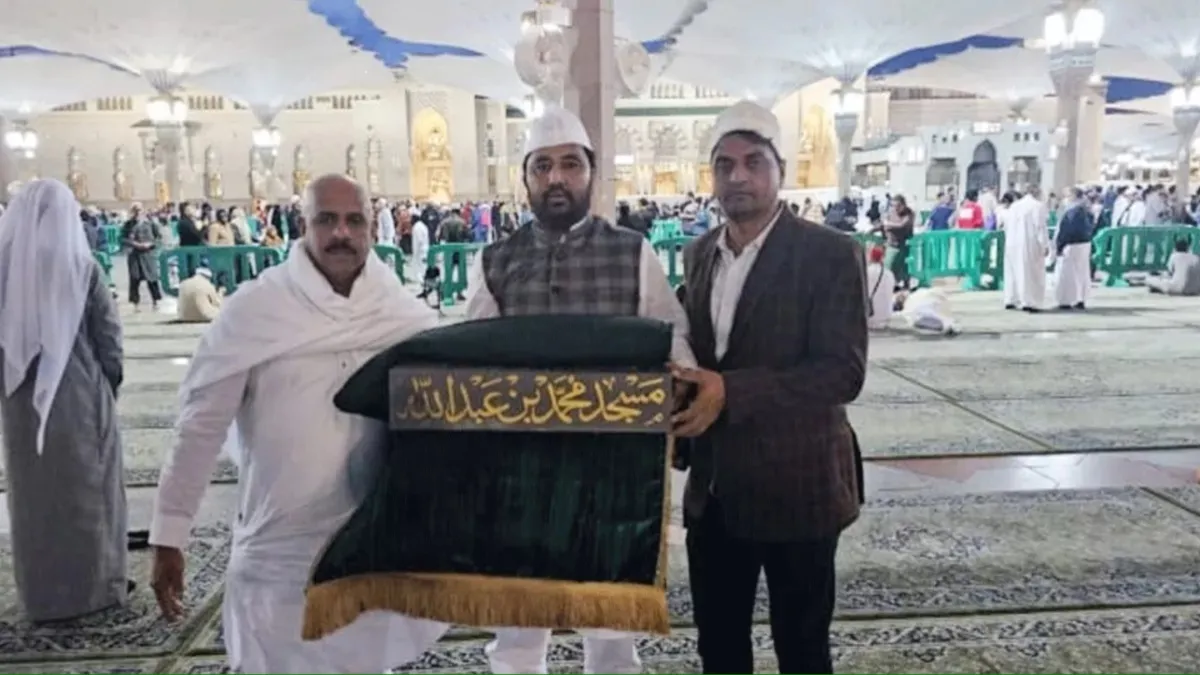In the wake of the grand inauguration of the Ram Temple in Ayodhya, preparations have begun for the construction of a mosque in the holy city. The foundation stone for the proposed mosque in Ayodhya, named Mohammad Bin Abdullah Mosque, received its first special brick on Wednesday after a holy journey from the sacred cities of Mecca and Medina, arriving in Mumbai.
April arrival in Ayodhya
Expected to reach Dhannipur village near Ayodhya by mid-April, the brick signified the commencement of construction for the mosque. The auspicious journey of the brick will start from the residence of Haji Arfat Sheikh, Chairman of the Indo-Islamic Cultural Foundation and Mohammad Bin Abdullah Mosque Development Committee, who is overseeing the preparations. Sheikh expressed, "The new mosque and its surroundings will be an important center for prayer and treatment in India... Its construction and renovation will be magnificent and royal by the grace of Allah and will serve as a significant monument on the world stage, akin to the Taj Mahal."
Mosque based on Islamic principles
Describing the mosque as "special," Sheikh noted that it will be the first mosque in India to be built based on the principles of Islam. Five symbolic minarets will be erected, visible from a distance of over 11 kilometers. Additionally, the world's largest page of the holy Quran, measuring 21 feet in length, will be housed within the mosque.
Brick made from Mumbai's soil
Crafted from the black soil of Mumbai, the brick has been embellished with golden inscriptions. Before it arrived in Ayodhya, it was sent to Mecca for holy Zamzam water and to Medina for 'Ghusl' (ritual cleansing). The journey of the brick from Mumbai to Ayodhya will witness grand displays and processions, starting from Kurla suburb to Mulund and ultimately reaching Uttar Pradesh's Ayodhya. Arrangements for prayers and respect halts will be made every 300 kilometers along the route. The descendants of Sufi saint Sarkar Peer Adil, along with representatives from various Islamic sects, will accompany the first brick, symbolising inclusivity and unity among Indian Muslims.
Four times larger than Babri Mosque
The mosque, slated to be completed by December, will be four times larger than its predecessor, the Babri Mosque, which was demolished in December 1992.
Also read | SC to hear Thackeray faction's plea against Maharashtra Speaker's ruling on 'real' Shiv Sena today

